Saturday Soapbox: Can Nintendo court the casuals again?
The Wii U's done a brilliant job of pleasing the hardcore, but it's going to have do more if it wants to succeed.
Do you remember the last time? When the Wii launched at the tail end of 2006, it was to an air of excited curiosity that went well beyond the borders of core gamers, with Nintendo conjuring what ran close to a full-blown phenomenon.
I remember December 8th 2006 well enough, a day that was thrilling and miserable in equal measure. Nintendo hardware launches, for myself and countless others, are dates blocked off in calendars with thick bright marker pen lines. Holidays are booked, and plans for doing nothing beyond playing games are made. Happy Nintendo day!
It didn't quite pan out that way, though. I was one of the unfortunate majority that failed to get hold of a console on day one, a pre-order lost as demand aggressively outstripped supply. A friend managed to get one, though, and later that day I popped around to be met with an incredible scene: a room thick with the sweaty smell of excitement as a group of twentysomethings, many of them playing games for the first time in over a decade, bounced around in furious bouts of Wii Sports.
It was an odd feeling; here was the wider acceptance that so many had yearned for being delivered in triumphantly joyous style, yet I had that slightly petulant feeling that I was being pushed to one side. I got hold of a Wii eventually, and got around to finally playing Twilight Princess, but that feeling persisted a little ever since. Some of the best, most original games of the past generation have been on the console - the Galaxies, Skyward Sword and Xenoblade Chronicles alongside countless other dazzling curios - but a lack of third party support and a failure to engage the core meant it fizzled out as quickly as it burst to life, and they were problems addressed with aplomb in this week's wave of presentations.
Success in Japan has been virtually guaranteed thanks to the arrival of Monster Hunter, but Nintendo's also managed to attract some bankers for western audiences. There's an ever-so-slightly enhanced take on Black Ops 2 coming on launch, alongside which will be an ever-so-slightly off-kilter take on FIFA 13 (EA Sports has elected to hand out development of the Wii U game to a team separate from the core franchise, so don't expect this to match the other home console versions feature for feature). Elsewhere there's Mass Effect, Assassin's Creed and, in ZombiU, an original-ish new IP that's evoking hardcore poster boy Dark Souls in its cruel loop of progression.
Nintendo's masterstroke, of course, has been resurrecting the ultimate hardcore poster girl with the announcement that Bayonetta 2 is heading exclusively to the Wii U. There's something slightly incongruous about an over-sexed, incredibly violent action game rubbing shoulders with Mario and co., but then again that's exactly what makes the proposition so very exciting.
It's unlikely to shift too many consoles, or indeed too many units - there's a fairly obvious reason that Sega decided not to pursue the sequel - but that's probably not the intention. Alongside The Wonderful 101, it seems that Nintendo's convinced Platinum to make the Wii U its home for a while - and it's gone towards convincing a certain section of the gaming market that the Wii U's a very serious proposition.
The hardcore, then, are covered off, and they're covered off handsomely. There's a level of third-party support that was previously lacking, not to mention a helping of some of Nintendo's own brands. It's perhaps telling that Pikmin led the charge at an otherwise underwhelming E3 showing, the most hardcore of Nintendo's series returning in five brief minutes of glory before it all began to go a little wayward. And hell, in all the warmth and excitement that surrounded this week's presentation, it was even possible to convince yourself that New Super Mario Bros. U is worth getting excited about.
There's still one very important section of the market that may prove a little tougher to persuade. Right now it's harder to see the broader appeal of the Wii U, and it's not simply a case of fearing that it'll fail to replicate the success of its predecessor - there's every chance that it could endure the same rocky start that plagued Nintendo's 3DS.
The Wii U's problems are summarized by Nintendo Land, and exacerbated further by the recently announced price point. Here's a console whose concept is hard to explain succinctly, let alone to sell, and while the bundled game does a brilliant job of exploring the possibilities of what that second screen can offer, it's a little too nebulous to ever attract the same attention that Wii Sports garnered.
Not that it'll be a bad game by any stretch - I've a feeling that across its broad scope there will be regular flashes of genius - but it's never as pure a promise that Nintendo Land makes. Even though it's been dirtied a little in recent years, there's still something immediate and exciting about motion control - asymmetrical play, however, stumbles off the tongue and feels just as cumbersome in its pursuit of that wider audience.
And with its higher price point, it's going to have a struggle on its hands at launch. Regardless of whether it's the base or the premium pack, the Wii U's going to be an expensive proposition; the Wii launched at £179 in the UK, and even though a direct comparison's hard to make thanks to Nintendo's refusal to set a price over here, it's most definitely eclipsed by a console that comes in, on average, at around £100 more.
It'll be up against some aggressive competition, too. Microsoft and Sony's consoles may be coming towards the end of their lifecycles, but they're attractively priced and, in the case of the PS3, may have their appeal further boosted by a new SKU and a further price cut being announced in the very near future.
For those who aren't enticed by the commitment of a hardcore studio in Osaka or the return of a real time strategy series that's been lying dormant for eight years, it may also be hard to decipher what it is exactly that the Wii U does over and above its competition. It's not just about the graphics - there's something utterly enthralling about the prospect of Nintendo working on an HD canvas for the first time - but also about that second screen. Sony and Microsoft's own takes on that aren't quite as comprehensive, but they exist and they're in some regards more exciting than the Wii U's solutions - the Vita for its doubling up as a fully fledged and quite brilliant handheld device, and in Microsoft's case the refusal to introduce another black mirror into the home and to open up existing touch devices via SmartGlass.
I'm still excited by the Wii U, and November 30th is a date that's already been marked in my diary with brightly coloured marker pen, and I've learnt from experience never to underestimate the power and potential of Nintendo. But, right now, I'm beginning to think that when the Wii U launches I'll be having the console to myself.
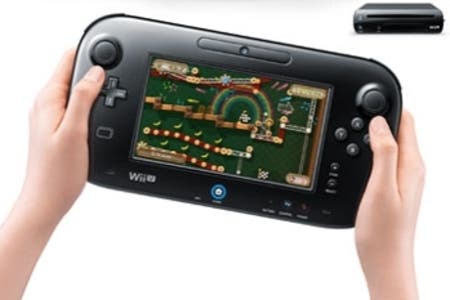




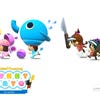

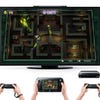
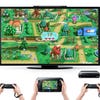
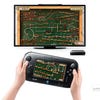

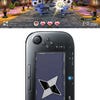
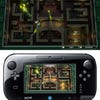

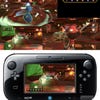
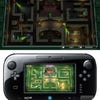
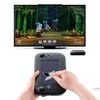
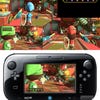
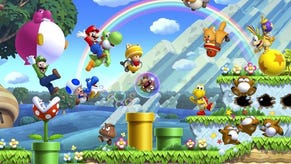
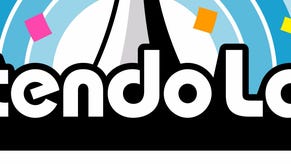
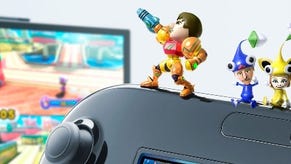
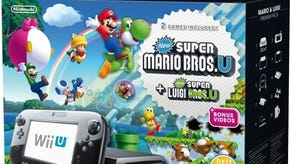
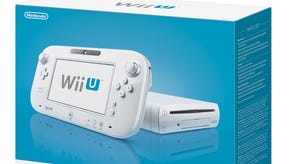
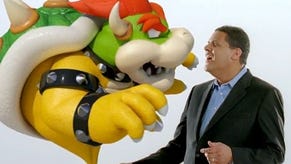
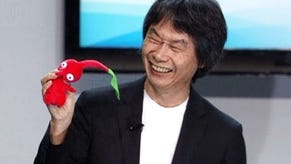
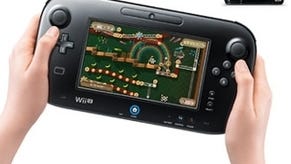
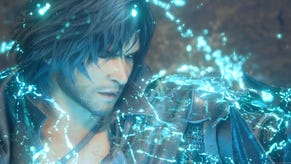

-3-31-23-screenshot.png?width=291&height=164&fit=crop&quality=80&format=jpg&auto=webp)




